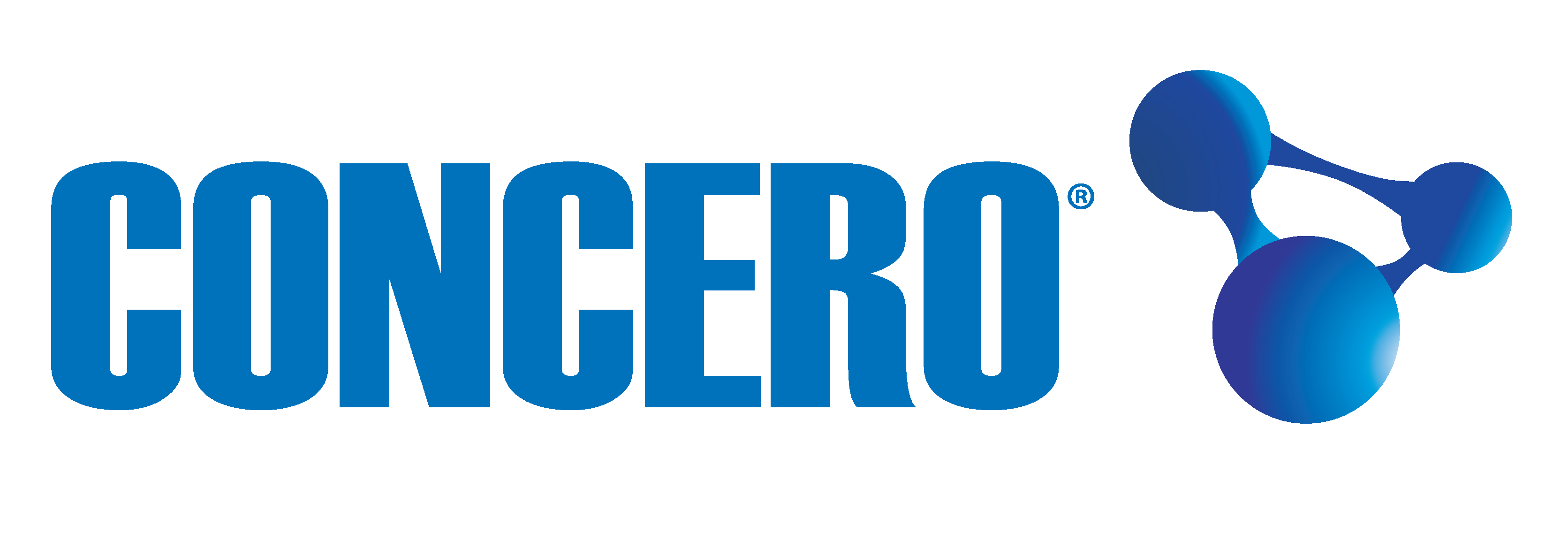What Does it take to be a Business Analyst?
Running a successful business takes a great deal of organization, technological know-how, and, of course, the right service and product. Any successful organization needs to fulfill the axiom “the whole is greater than the sum of all parts.” You need the best team you can get and you must ensure it works well enough to outperform the competition. A business analyst is an essential player in this team effort.
Unlike the rest of the corporate team, the business analyst needs to bring his or her know-how to the table at the same time as understanding and coordinating teammates. This incredible degree of flexibility and ability to move from one process to the next makes the analyst such an important member of any successful enterprise.
What makes some analysts better than others?
The business analyst ensures production requirements are met, but he or she needs to be involved in the design phase as well. The analyst’s presence starts at the conception and follows every phase of the production process right up to delivery to the client. This means that the business analyst must to be up-to-date on every phase of the operation and has to interact with every member of the organization, from production teams to designers and developers, in effect becoming a link between the different cultures and languages that exist within the organization.
He or she can understand the responsibilities of each individual group but what’s even more important is that he or she can translate what’s needed in a language that’s clear for the next team. In this way, the business analyst creates a cohesive organization from diverse teams of professionals.
This high degree of flexibility and responsibility makes being a business analyst an exciting and potentially stressful profession. The business analyst’s ability to cope with stress will make him or her stand out as such an important agent within any successful enterprise.
Among the many responsibilities that lead business analysts need to handle are:
Interaction and communication:
The planning and facilitating of stakeholder workshops and interviews, in which he or she must not only organize but also effectively explain the complex operations in simpler terms.
Analytics:
Of course, a business analyst needs to be at the forefront of the analysis efforts of the organization. He needs to gather and analyze every shred of data that may influence the products’ quality and marketability, and provide suggestions for improvements.
Management:
The business analyst should stay focused on the minutiae that could affect the product or service. He or she also ensures that everything runs smoothly and that internal conflicts are avoided or resolved.
Planning ahead:
In a way, a business analyst might be something of a clairvoyant, using data and complex analytical tools to gauge the ramifications of market fluctuations, product changes, and making predictions to provide the most successful strategy to meet the business’s goals.
Customer service:
Analysts typically step out of the box and become a link between the designers and production team and the client. He or she challenges internal assumptions and bring a client’s requirements to the forefront to ensure the ultimate success of the enterprise.
Sales and commercialization:
Last but not least, a business analyst works with the sales team to help them present the product or service to prospective and current clients; getting feedback and working out improvements that will add value.
As you can imagine, all this adds up to an incredibly skilled and mentally strong individual. Aside from the professional degrees, such as PMI-MBA, the range and degree of skills include:
- Superior communication skills.
- Intuitive business skills, including the ability to understand the client’s needs as they arise or, better, to preempt those needs.
- A flexible, goal-oriented and out-of-the-box approach to problem solving.
- Good managerial skills and adroitness at dealing with interactions with team members and clients.
- A clear understanding of business models and how to adapt and improve them.
- A capacity to deal with stress.
- A tendency to be goal-oriented; getting the job done should be the main focus of a successful business analyst.
It takes significant time, effort, and aptitude to become a business analyst. In addition to qualifications, motivation, discipline, and experience will make a great business analyst.
If you’re curious about being a business analyst or are hoping to advance your career and “move up the ladder,” I can give you some feedback and guidance about typical business analyst jobs that are available in St. Louis. Concero is a leading tech recruiter with headquarters in St. Louis.
